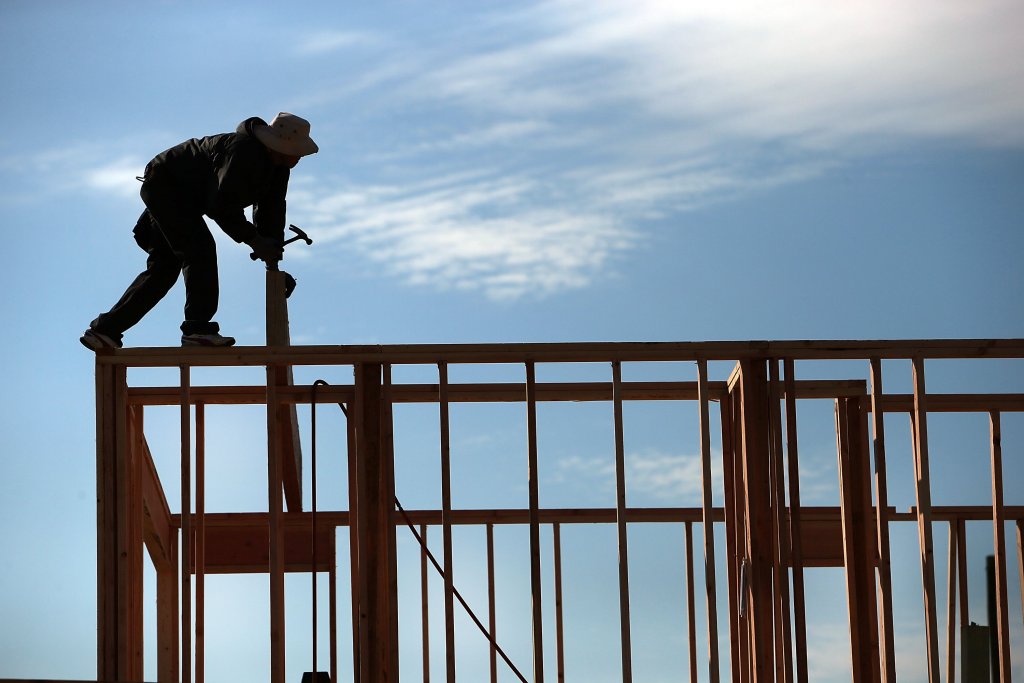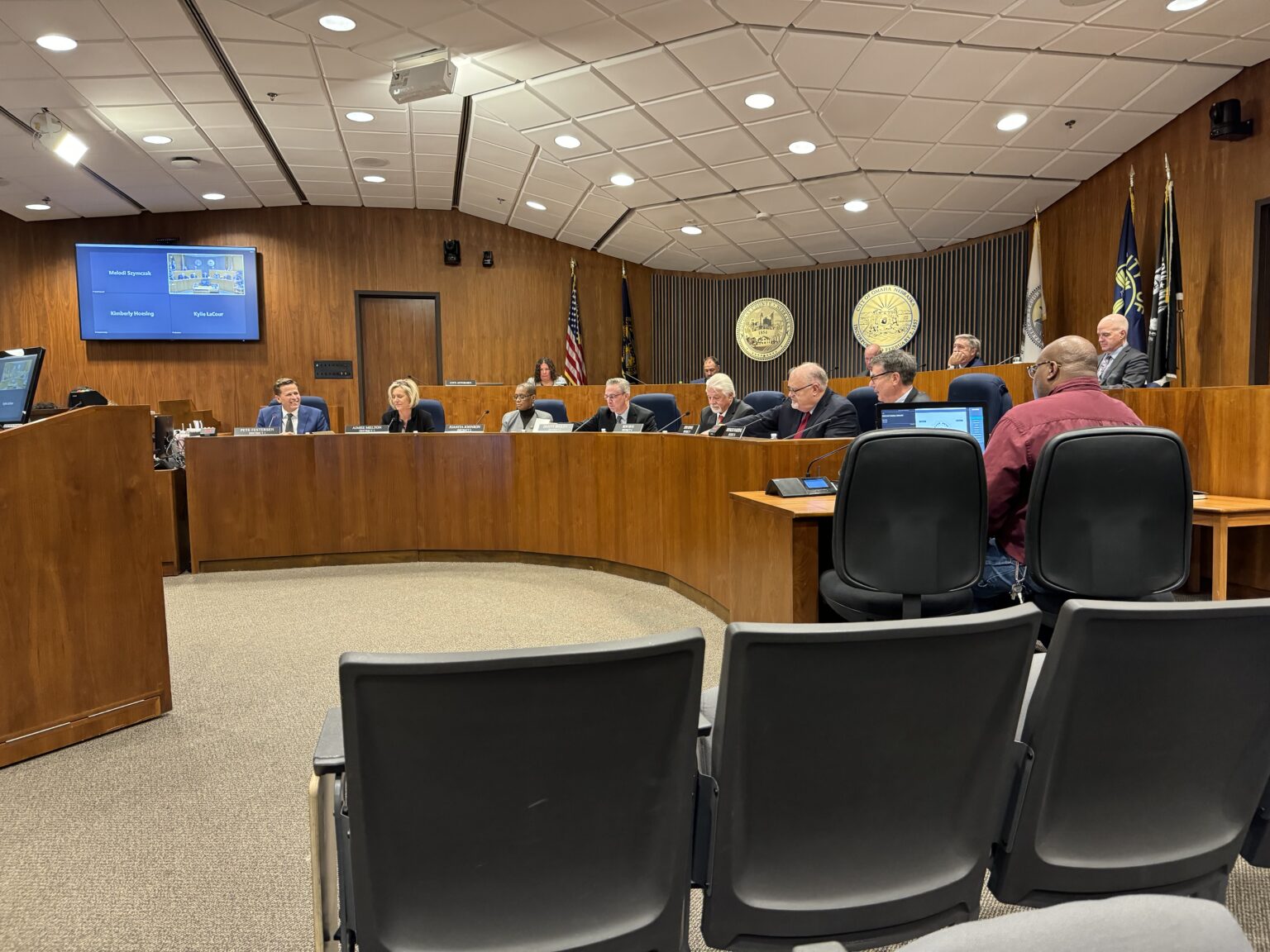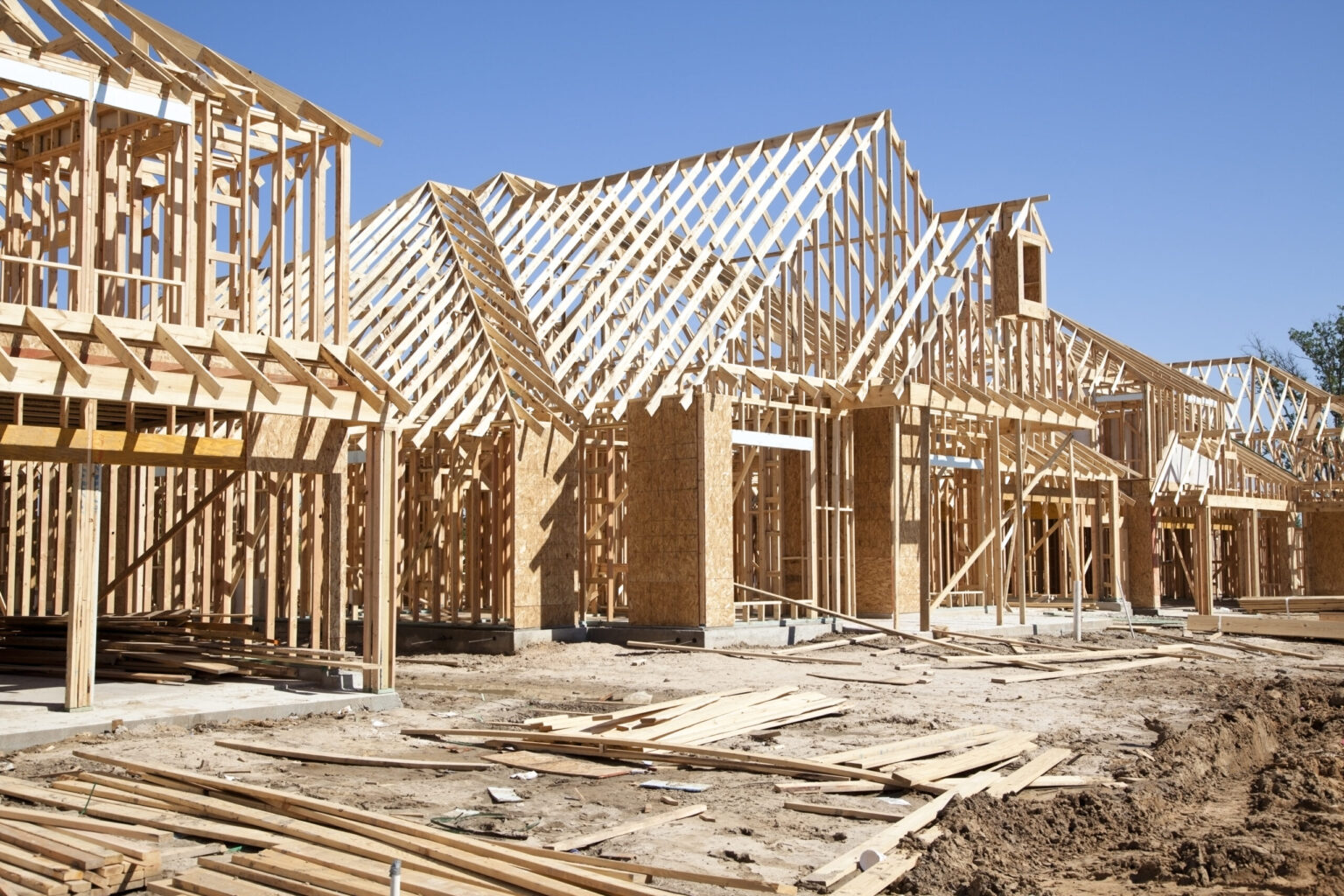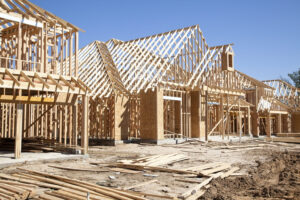by Cindy Gonzalez, Nebraska Examiner
November 13, 2024
OMAHA — An effort to update the City of Omaha’s electrical code, typically not a huge headline-maker, has sparked a bit of fireworks and divided the lawmaking body of Nebraska’s largest city.
Representatives of the region’s homebuilding industry are among the most vocal, saying an updated version of the code, which was narrowly passed by the Omaha City Council last week, includes a handful of new requirements that threaten to set back the statewide push for affordable housing.
Nick Dolphens of the Metro Omaha Builders Association said that while the upgrades in question may not amount to more than a couple thousand dollars in additional costs per new house they reflect the kinds of regulatory demands that he says keep piling on to drive up construction prices.
“The battle for affordable housing is won, and lost $500 at a time,” Dolphens said in a letter to the council. “The problem has been a ‘death by 10,000 cuts’ for decades. We are all losing.”
At the heart of the debate — which still faces a possible mayoral veto — is a city ordinance aimed at aligning the local electrical code with the 2023 national electrical code, as well as the state’s updated version.
NE lawmakers OK with slimmer version
In adopting a new state electrical code earlier this year, the Nebraska Legislature knocked out five nationally required features, including a whole house surge protector and ground fault circuit interrupters that protect against electric shock.
Nebraska cities are to adopt their own local standards of electrical wiring and installation that can be more restrictive but not less restrictive than the state’s minimum, said City Attorney Matt Kuhse.
In Omaha, Council members Pete Festersen and Danny Begley have led the effort to be more restrictive, adding into the city’s code the five features carved out by the state. The move was supported by other Democrats on the council, Ron Hug and Juanita Johnson.
“It isn’t that we’re pushing back on affordable housing,” Begley said during last week’s council meeting. “The question is, what safety measures do we want to have in a new house that is built?”
Festersen noted that the upgrades were recommended by the International Brotherhood of Electrical Workers Local 22 as a way to help prevent electrocutions.
“No one is a stronger advocate for affordable housing than I have been,” he said. “When those that do the work bring concerns to my attention, that gets my attention.”
The city’s in-house expert, Anna Bespoyasny, superintendent of building permits and inspections, told the council, however, that she had “no concerns” with adopting a city electrical code that mirrors the state’s.
She said additional products are being “sold” as life safety issues, in part by insurance companies.
“I would be hard-pressed to consider a whole house surge protector as a life safety issue. That is more of a property protection issue,” said Bespoyasny.
She and others noted that the updated code applies to newly constructed homes, not existing houses.
“All of us are going home to homes that don’t have any of these brand-new mandates in them,” said Dolphens, also vice president of The Home Company. “And if we feel safe at home, we need to question all of these for the sake of affordability.”
He suggested that Begley, who also serves as vice president of IBEW Local 1483, should have recused himself from voting on the code update. Begley described his union as a professional, technical and clerical union and he said he would not recuse himself from the matter.

Omaha mayor pivotal voice
Mayor Jean Stothert may be a deciding voice, as she has not yet signed off on the updated city electrical code, which passed 4-3 with the state’s “carve-outs” features restored. She held off on endorsing the measure when she signed other City Council actions taken the same day. The mayor has until Friday to decide on a possible veto, which would take five votes to override.
Council members Don Rowe, Brinker Harding and Aimee Melton, all Republicans, voted in opposition.
Melton said she believes the electrical code should be determined at the state level to be uniform across the state, rather than encouraging a mishmash of local codes.
“Otherwise what we’re doing is we’re saying, Don’t build here because it’s going to be a lot cheaper to build on the other side of the county line, in Bellevue, in Papillion, in La Vista,” Melton said. “Basically we’re telling builders to go somewhere else, and I think that’s the wrong message.”
Rowe said his concern was with affordability of housing. He said an Omaha nonprofit homebuilder told him the upgrades in question would increase costs. He said the city previously was tasked by the state to come up with an affordable housing action plan, and did.
But, said Rowe: “We’re not seeing a lot of movement on (implementing) that.”
Also opposing the additional requirements beyond what the state code calls for was Perre Neilan of Welcome Home, a coalition formed three years ago to advocate for public policy that makes new construction starter homes more accessible.
Neilan called the add-ons a “perfect example” of what his group has been trying to educate policymakers and the public on.
“It is the choice between ‘nice to haves’ and housing affordability,” said Neilan.
He cited a National Association of Homebuilders data point that says for every $1,000 increase in the price of a home in the Omaha metro, 435 households are “priced out of the market.”
‘Life safety’ matters

Marc Stodola of Charleston Homes, a builder, told the City Council the upgrades were unnecessary and in “complete contradiction” with efforts to lower new construction costs.
“You’re saying, ‘I don’t care about affordable housing.’ That’s the message, period.”
He put the combined costs of the five mandates in question at about $1,300 per new house.
Jon Nebel of IBEW Local 22, put the total cost at about $700, and said they were “life safety” items.
Nebel described one feature as an emergency power disconnect on the side of a house that would make firefighters’ jobs safer. “Minutes matter in a fire,” Nebel said, adding that the local electrical utility otherwise would come to the site to shut off power.
He described the GFCI protections, also at issue, as a sort of “smart circuit breaker” found currently in new bathrooms and countertops. Under the more restrictive standards, Nebel said, those would be required on clothes dryers, ranges and in certain areas of a basement.
Hug said he sided with higher safety standards.
“In the grand scheme of things, when you’re building a $300,000 house, $700 isn’t that much,” he said.
Rowe disagreed, saying the difference can be a “big deal” to first-time buyers.
“It is to my grandkid who is trying to qualify for an entry-level house that costs in excess of $300,000,” he said.
GET THE MORNING HEADLINES.
SUBSCRIBE
Nebraska Examiner is part of States Newsroom, a nonprofit news network supported by grants and a coalition of donors as a 501c(3) public charity. Nebraska Examiner maintains editorial independence. Contact Editor Cate Folsom for questions: info@nebraskaexaminer.com. Follow Nebraska Examiner on Facebook and X.











